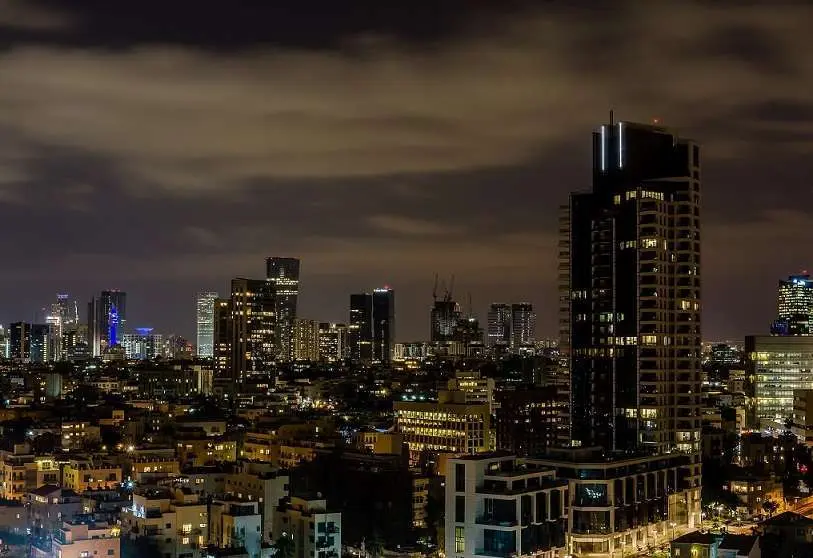Tel Aviv becomes the world's most expensive city to live in

A new report by the Intelligence Unit of The Economist, which works in conjunction with the magazine of the same name, has revealed that the Israeli city of Tel Aviv is the most expensive city in the world to live in. The coastal city has taken over from the City of Lights, Paris, which had held the record for some time. In addition, it has also overtaken other places where the rent is high, such as Singapore. It is worth noting that in the old published documents, Tel Aviv was at number five in this ranking.
Tel Aviv is the cultural and financial centre of Israel, which in recent years has been able to position itself in a very modern scene offering many possibilities and a good quality of life. The city boasts a high-tech scene, world-class restaurants and all types of food, and as a coastal city on the shores of the Mediterranean Sea, it has become a tourist resort that is lined with large new hotels.
Dan Ben-David, director of the country's Shores Institution for Socio-Economic Research and professor of economics at Tel Aviv University, told Arab News that this is due to the fact that the goods and services offered in the region are more expensive than in other countries. He adds that the city is a centre that attracts all kinds of talent, who decide to move away from other areas and prepare themselves to live in the city. This flight from other places increases both the cost of rent and the cost of living, as food is more expensive.

"Israel is expensive, and in that sense, Tel Aviv is more expensive than other places in Israel because that is where the good jobs are," confirmed Ben-David.
It is worth noting, according to the published report, that the shekel, which is the country's unit currency, has grown significantly and has even surpassed the dollar. This is because it is already one of the strongest currencies in the world and its value has increased thanks to strong foreign investment, especially in the technology sector, which Israel has decided to focus on.
But it is not all good news. Hundreds of thousands of citizens have been demonstrating for decades against the city's high prices and above all its high cost of living. For years, various governments have tried to reduce the city's overcrowding, with measures that create jobs in other parts of the region, but to no avail. "It's very difficult to live here. You pay rent and you pay for something small, so it's really difficult," a citizen named Ziv Toledano told Arab News.

Moreover, Tel Aviv's global prominence has led foreign buyers to look at the opportunities offered by the area, which in turn has led to skyrocketing house prices.
The problem of transport adds to this situation. Ben-David also said that the large number of people living in the city creates transport congestion, and that the city is not well connected to other areas and neighbouring cities, meaning that people are forced to live within Tel Aviv to get to their jobs or any other type of activity. The various governments have been trying for years to improve public transport and add more transport links, but the process is very slow.
Tel Aviv is a very modern city, with a pace of life similar to that of large European cities, and with more than four million people living in the city, the cost of living is quite high. The cost of living for an average family of four amounts to almost 4,000 sekels per month, and for an independent single person it can cost a little over 1,000 sekels to survive.








